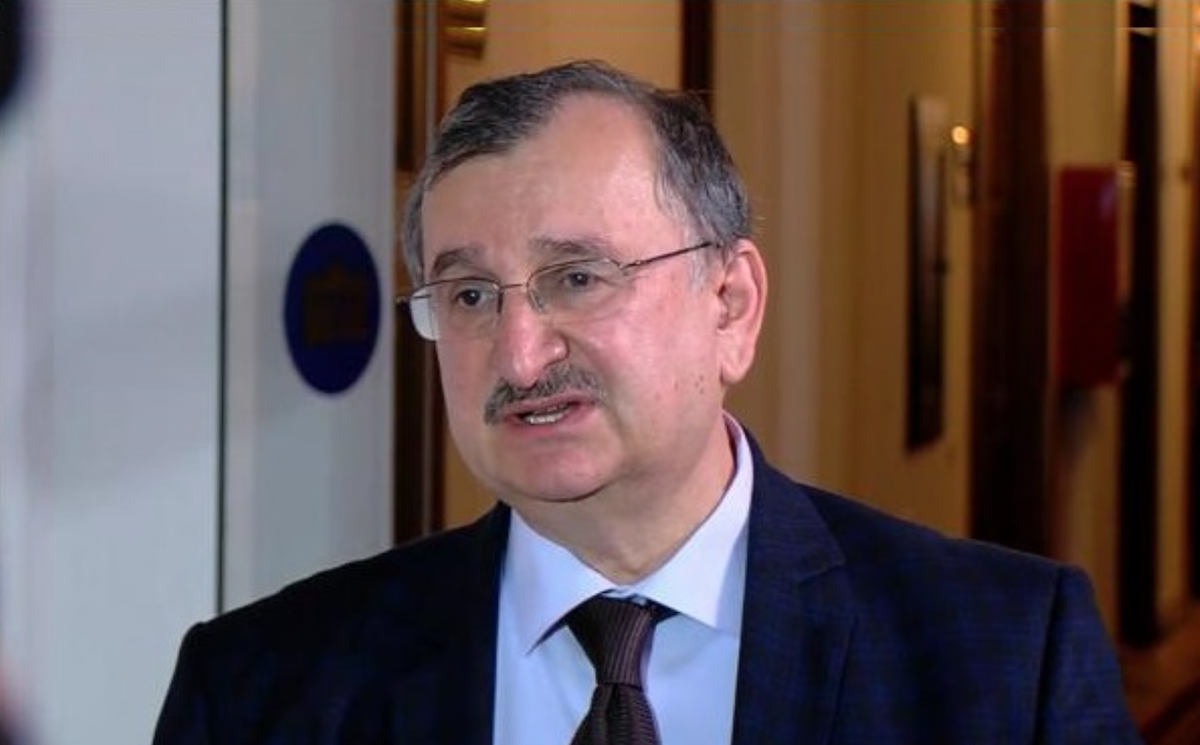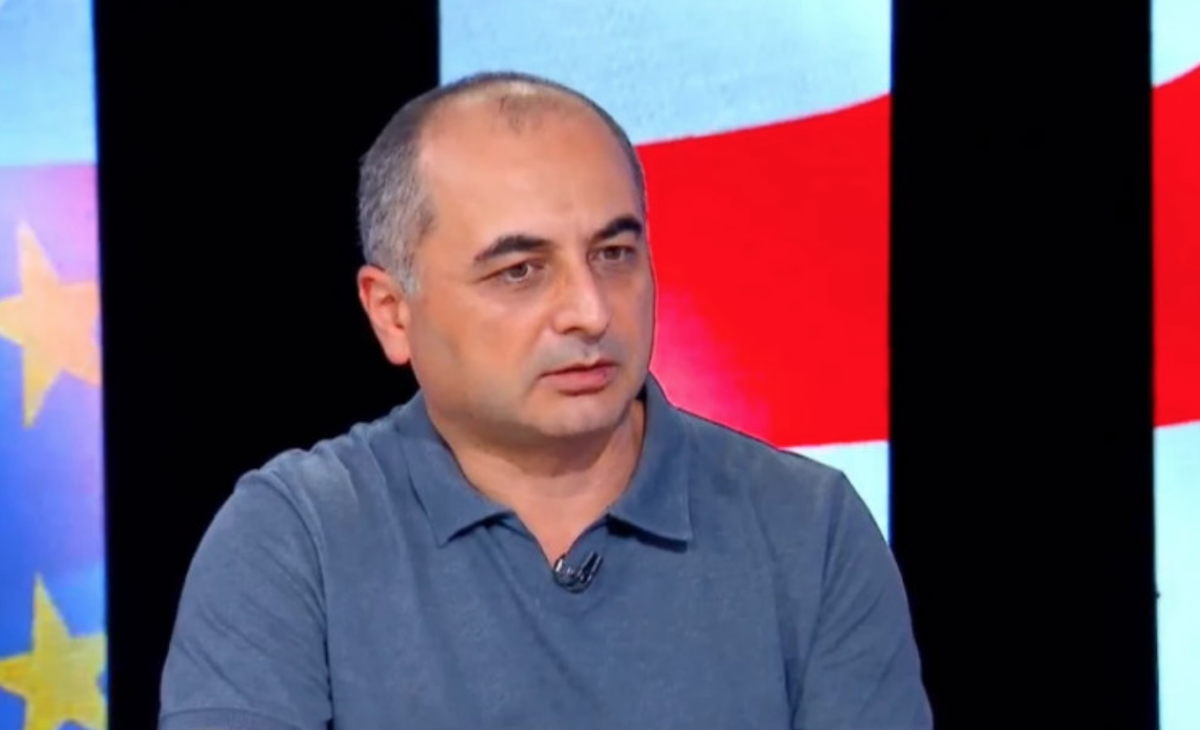
How Georgia’s National Bank will enforce U.S. sanctions
Opposition MP and former President of the National Bank of Georgia, Roman Gotsiridze, has called for the National Bank to provide a clear statement on whether it is complying with international sanctions.
He emphasized that the institution’s adherence to these sanctions is crucial, as non-compliance could expose Georgian businesses to severe risks.
Specifically, American and European banks may refuse transactions involving individuals listed on the “Magnitsky List,” potentially leading to dire consequences for Georgia’s financial sector.
On September 18, the National Bank of Georgia issued a statement regarding the sanctions imposed by the U.S. Department of the Treasury on four Georgian citizens. The statement specified that, according to a decree by Acting Governor Natia Turnava, “the sanction regime for a Georgian citizen is applied only if the basis for the sanctions against that individual is a final conviction by a Georgian court.”
These changes to the sanctions regulations in Georgia were made on September 19, 2023. This followed the announcement by the U.S. of sanctions against former Attorney General Otar Partskhaladze, who was found to have connections with the Russian Federal Security Service.
The National Bank asserts that the Georgian financial sector operates fully in compliance with sanction requirements and emphasizes that Georgia has “never been and will not become” a place for sanction evasion. However, this policy change raised “additional concern” from the International Monetary Fund.
Commentary
“The U.S. has imposed sanctions on high-ranking Georgian officials—two from the Ministry of Internal Affairs and founders of the pro-Russian agency Alt-info.
These sanctions are unprecedented, surpassing even those imposed on former Prosecutor General Partskhaladze due to their origin with the U.S. Department of the Treasury.
These individuals are now part of the global ‘Magnitsky List,’ a designation symbolizing severe human rights violations. The Georgian government must act decisively and instruct the financial system to prevent any attempts to evade or neglect these sanctions, which could otherwise precipitate a financial crisis.
If pressure on banks continues, Georgian businesses could find themselves unable to transfer funds abroad.
The Prime Minister’s recent statement, supported by the National Bank, highlighted a troubling assertion: that sanctions would apply only following a court conviction. Meanwhile, the National Bank claims that Georgian commercial banks will adhere to international sanction rules.
What should the Georgian banking sector infer from this? The National Bank must clarify whether it is meeting international sanction requirements.
Sanctioned individuals have significant business interests.
For instance, one owns 50 percent of the security company ‘Sarangi’—has his account been frozen? Why does Alt-info continue to broadcast, and why hasn’t the National Communications Commission taken immediate action?“
The U.S. Department of the Treasury has sanctioned Georgian Special Forces Chief Zviad Kharazishvili (known as Khareba), his deputy Mileri Lagazauri, and pro-Russian Alt-info leaders Konstantin Morgoshia and Zurab Makharadze. The State Department has also imposed visa restrictions on over 60 Georgian government and parliament members, including their families, for “undermining democracy.”
Notably, Kharazishvili’s deputy was also added to the “Magnitsky List,” linking both officials to violence against opponents of the “foreign agents” law. The U.S. Department of the Treasury has stated that all assets of these individuals within the U.S. or under U.S. jurisdiction will be blocked.

